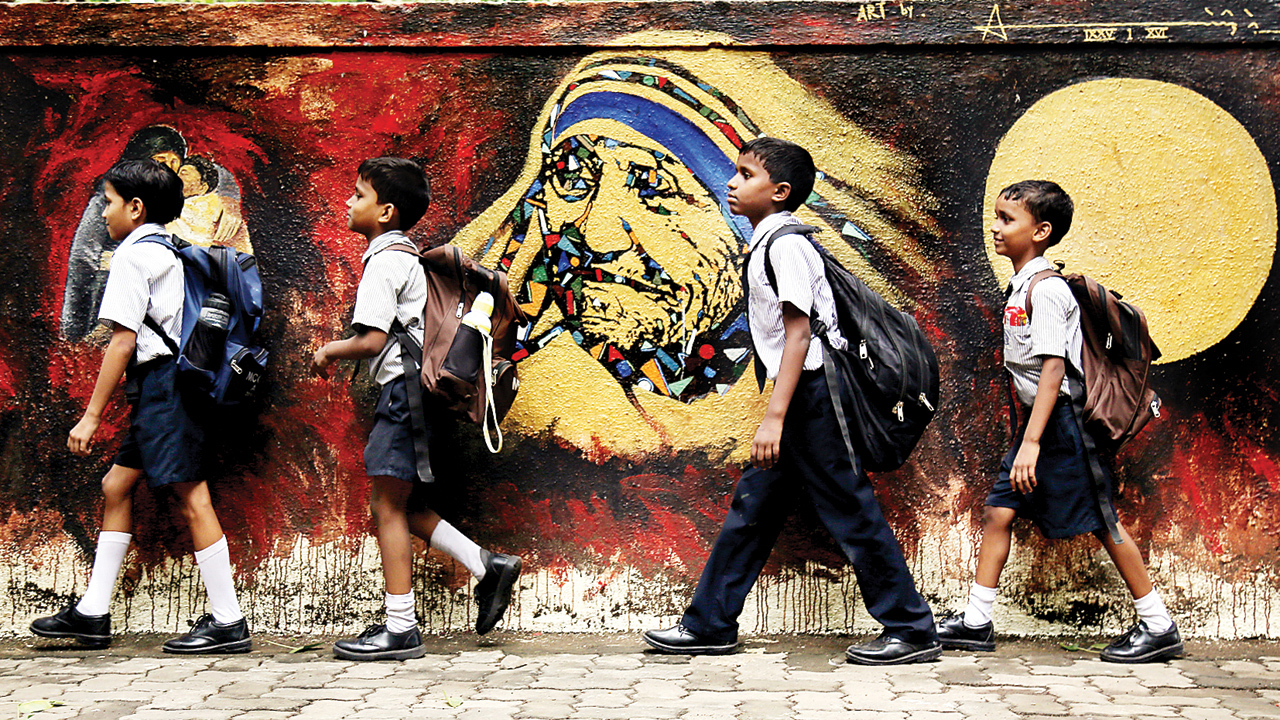The No Detention Policy: 4 Powerful Changes After Scrapping
How Abolishing the No Detention Policy Impacts India’s Education

The “No Detention Policy” has been officially scrapped by the central government, which may result in changing the face of India’s education system, reports say. Sanjay Kumar, Secretary of the Education Ministry, has confirmed the new move that will heavily alter the RTE Rules, 2010. The students of classes 5 and 8 now have to sit in regular annual exams and can also be detained if they don’t clear them.
Declared under the Narendra Modi government, this policy shift has stirred the nation to widespread debate. Though many see it as a move toward accountability and academic rigour, there has been vocal criticism regarding this development as it would only create unrest in the students’ minds and increase dropout rates.
What the New Rules Entail
The No Detention Policy is abolished. It significantly shifts how schools evaluate students during their formative years. Under the new rules:

- Annual Examinations for Classes 5 and 8: State governments now have the authority to conduct regular examinations for students in these classes.
- Two Chances to Pass: Students who fail the yearly examinations have two months to retake them.
- Detention for Repeated Failures: Students who fail the reexamination will not be promoted to the following class.
- Protection Against Expulsion: Schools are not permitted to expel students until the eighth grade to ensure that no child is denied access to education during their formative years.
This policy intends to instil academic accountability while maintaining the core principles of inclusive education.
Why Was the No Detention Policy Scrapped?
Under the RTE Act, the No Detention Policy initiated in 2010 made education holistic by eliminating the fear of failure and reducing dropout rates. It, however, over some time, proved to be implemented with very significant drawbacks:
)
- Declining Academic Standards: Critics argued that the NDP led to a lack of motivation among students to perform well, as the absence of academic consequences diminished the importance of exams.
- Teacher and Parent Concerns: Most of the time, students were promoted to higher classes without achieving mastery over their skills, which created cumulative learning gaps in higher classes.
- Poor Learning Outcomes: Various reports, starting from ASER, have shown that students’ foundational literacy and numeracy skills have degraded, especially in government schools.
The government’s abolition of this policy also reflects a response to those concerns and tries to balance academic rigour and educational inclusivity.
Mixed Reactions to the Decision
Teachers, parents, and politicians have had a variety of reactions to the repeal of the No Detention Policy:
- Supporters: “This will be a win-win for students, and better learning outcomes will be seen soon. It will be great to get accountability to the system once again.” According to proponents, teachers can now spot learning gaps in time because of students’ commitment to their studies.
- Critics: Detractors feel this move might put undue pressure on younger students, raising chances of more excellent dropout rates. A child psychologist warned, “Retaining students without adequate support mechanisms can work against the best interest. Implementing it sensitively to the young minds is all the more important.”
- Teachers: Besides the retention policy, a lot needs to be constantly assessed, and remedial help is required to keep children in school.

Implementation Challenges
Although the choice has been discussed a lot, there are still several elements required for its successful implementation:
- Teacher Training: It will equip teachers with the skills to conduct fair judgments and practical remediation work.
- Infrastructure: Schools, especially those rural, require new tools and facilities for the examination system.
- Student Support Systems: Counseling and academic assistance would prevent dropouts and distress in students.
- Monitoring and Evaluation: The system needs stringent procedures that ensure the new policies are not compromised on inclusion issues.
Global Perspectives on Student Retention Policies
India’s move to scuttle the No-Detention Policy is similar to international trends in education. The United States, for example, and even Singapore, had a combined policy of detention and promotion with early intervention and continuing assessment.
For instance, in Finland—often cited as a model for education—students are assessed regularly, but the emphasis is on providing support rather than penalizing failure. India’s challenge will be to find a similar balance between accountability and student welfare.
The Road Ahead: Balancing Rigor and Inclusivity
Though this decision to abolish the No Detention Policy is a significant policy shift, it further opens avenues for systemic improvement in India’s education sector. Here are some key recommendations for the road ahead:

- Focus on Remedial Education: Schools need to focus on remedial programs for those students who fail to achieve academic standards.
- Strengthen Teacher-Student Relationships: Teachers facilitate a positive and healthy learning environment. Proper teacher training programs should target empathy and effective communication.
- Leverage Technology: Digital media and AI-based learning tools can use algorithms to detect gaps in the learning process and offer one-on-one support to the students.
- Involve Parents and Communities: Involving parents and local communities can make education a supportive student ecosystem.
Conclusion
Abolishing the no-detention policy has become a landmark in Indian education policy. While attempting to reduce outcomes, holding students accountable does not deprive them of access to remedial support to bridge criminal skill gaps.
It, however, depends on its implementation for this policy to be successful. Balancing academic rigors with inclusion is key to not letting any child fall behind.




